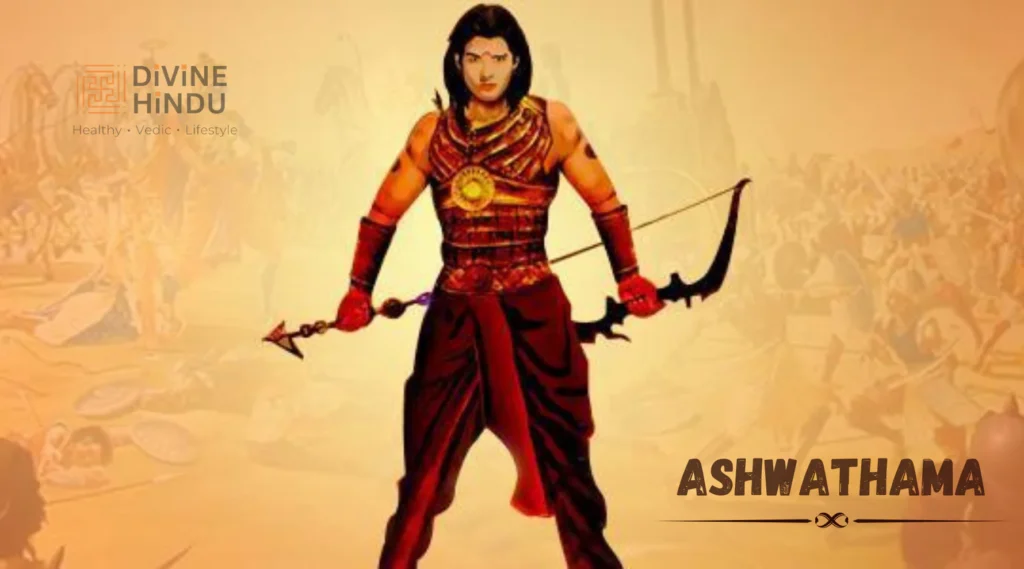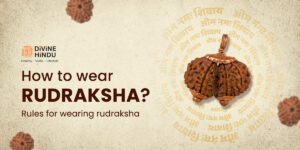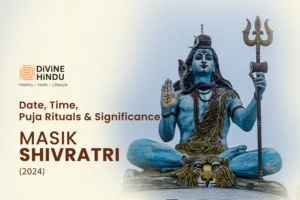
Benefits and Uses of Natural Stones for Health and Well-Being
Natural stones are rocks that are formed naturally over time through geological processes. These stones are created in nature without any human intervention or manufacturing.

Ashwathama, also spelled Ashwatthama, is a prominent figure in the Hindu epic Mahabharat. He is known as the son of Dronacharya, the revered teacher of the Kaurava and Pandava princes. Ashwathama himself is a skilled warrior who fought on the side of the Kauravas during the great Kurukshetra War, the central event of the Mahabharat. He is infamous for his role in the war, including his participation in the nighttime massacre of the Pandava camp, where he slew many of their warriors, including their sons. Ashwathama is also remembered for being one of the few individuals in Hindu mythology considered to possess the power of immortality or near immortality due to various boons and curses. His story is often associated with themes of loyalty, revenge, and the consequences of unchecked anger and violence.
According to mythology, Dronacharya and his wife Kripi were initially unable to have a child. They were blessed with a son after worshipping Gopeshwar Mahadev Swayambhu Shivling in Himachal. In the scriptures, Ashwathama is considered a part of Lord Shiva. During his birth, he had a gem on his head that protected him from gods, demons, or animals. However, in a turn of fate, Draupadi later snatched the gem and cut his hair to punish him. He was born in a cave in a forest, now known as the Tapkeshwar Mahadev Temple in Dehradun, Uttarakhand.
Ashwathama was a key figure in the Mahabharat, known for his immense strength and skill in warfare. He fought alongside the Kauravas and became close friends with Duryodhana during the war. After the fall of the Kauravas, Ashwathama, driven by rage and a desire for revenge, massacred the Pandava camp at night, killing many, including the sons of the Pandavas. In retaliation, Lord Krishna cursed him to wander the earth for eternity, suffering from an unhealing wound on his forehead, a punishment for his merciless acts. Thus, Ashwathama is believed to be immortal, living a life of endless misery and penance.
Krishna’s curse condemned Ashwathama to wander the earth for eternity, suffering from severe wounds that would never heal, particularly a wound on his forehead inflicted by the removal of the divine gem embedded there. He was condemned to live in isolation, experiencing pain and loneliness without the solace of death. Ashwathama’s fate serves as a powerful lesson in the Mahabharat about the consequences of one’s actions and the importance of dharma (righteousness). His story is a poignant reminder of the enduring impact of vengeance and violence.
According to Hindu mythology, Ashwathama is believed to be alive, cursed to immortality with suffering due to his actions during the Mahabharat war. Numerous people have claimed to have seen him. For instance, a doctor from Madhya Pradesh once reported treating a patient with an unusual wound on his forehead that wouldn’t heal. After jokingly asking the patient if he was Ashwathama, the patient mysteriously vanished from his cabin. Similarly, Pilot Baba, a former fighter pilot with the Indian Air Force, claimed to have seen Ashwathama in the foothills of the Himalayas, living among the tribes and offering prayers at a temple of Lord Shiva every day.
After the Pandavas discovered the devastation caused by Ashwathama, they were enraged and sought revenge. They tracked him to Sage Vyasa’s ashram, where a battle ensued. Ashwathama attempted to kill a pregnant Uttara, Arjun’s daughter-in-law, to end the Pandava lineage. However, Krishna intervened and cursed Ashwathama to an immortal life of endless misery as a leper with no means of escape. According to some legends, Ashwathama still lives in great pain and suffering, bearing the consequences of his attempt to kill an unborn baby.
Ashwathama is one of the rare characters in the Mahabharat who did not die in the traditional sense. Towards the end of the war, after the fall of Duryodhana, Ashwathama sought revenge and unleashed the powerful Brahmastra weapon against the Pandavas. Lord Krishna intervened, understanding the immense destruction the Brahmastra could cause. Ultimately, Ashwathama’s Brahmastra was countered, and Krishna cursed Ashwathama for his ruthless actions, particularly for attacking the Pandavas’ camp at night and killing the five sleeping sons of Draupadi, mistaking them for the Pandavas. As punishment, Krishna cursed Ashwathama to roam the earth for 3,000 years as a restless soul, suffering from severe wounds and ailments. Thus, Ashwathama did not die but was condemned to live in agony, carrying the burden of his actions. His fate is a tale of eternal penance and suffering, making him one of the immortal characters in Hindu mythology.
To discover more about the divine collection, check out our website: Divine Hindu

Natural stones are rocks that are formed naturally over time through geological processes. These stones are created in nature without any human intervention or manufacturing.

Rudraksha beads hold significant spiritual and healing powers in Hindu culture. Anyone can wear them regardless of gender, age, or cultural background. This guide will explore

What is Masik Shivratri? Masik Shivratri is a special day dedicated to Lord Shiva, celebrated with great devotion by his devotees. It occurs on the
123 Main Street
New York, NY 10001
© 2024 All Rights Reserved.